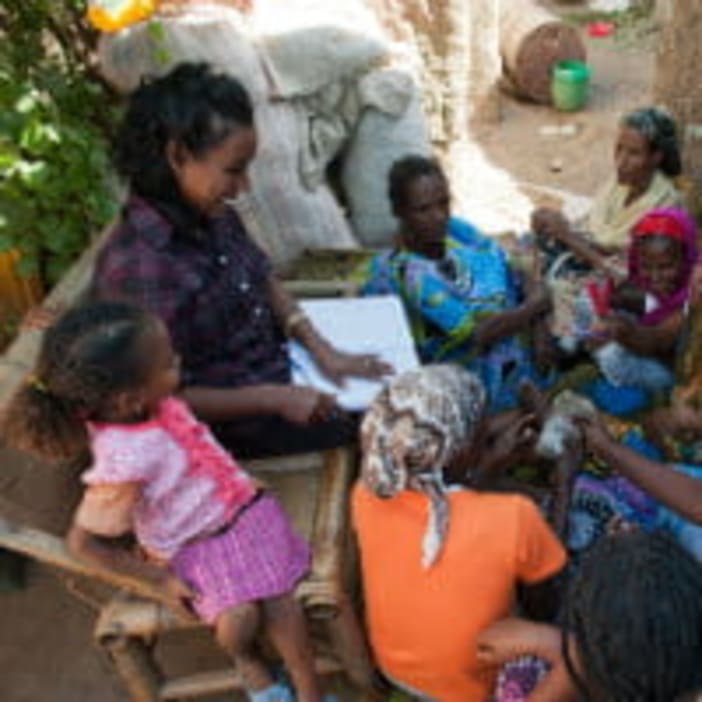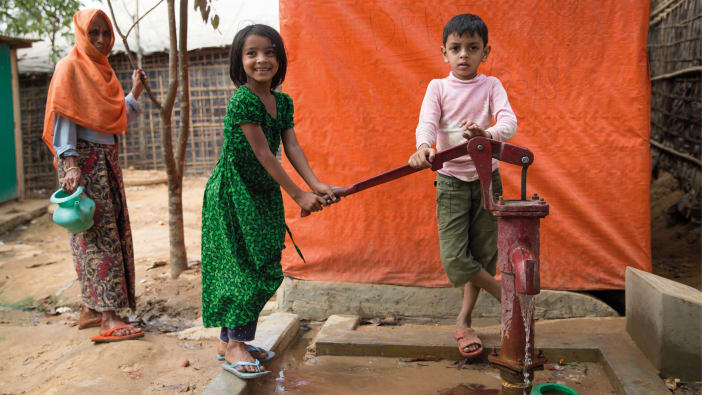by João Martinez da Cruz.
PRAIDS, an organisation dedicated to the care of people with HIV/AIDS in São Paulo, Brazil, realised that their management staff, workers and volunteers needed help to carry out their jobs adequately and to achieve all that was expected of them. For example, the workers expected management staff to deal effectively and efficiently with any problems facing the organisation on their behalf.
Due to the large number of training needs and the limited resources which they had, PRAIDS decided on the following plan:
Plan of Action A volunteer with experience in the area of facilitation and training was asked for help. She assisted in defining clearly their needs and priorities and prepared a ‘Plan of Action’ for the whole year. Training needs in the following areas were identified: management skills, practical operational needs, relationships and behaviour and clinical skills.
Encourage ownership All the workforce was consulted. People were able to make their expectations clear, and to check that the needs and priorities that had been identified were correct. People owned the proposed Plan of Action since they felt involved with it from the start. The Plan of Action was then evaluated and approved by the management.
Look for skills among members Several key members of the organisation were brought together to investigate how this Plan of Action would be put into practice. They reached the conclusion that some people within the organisation already had enough knowledge and skills to be able to train others. For example, one staff member had been on an NGO management course and volunteered to train others in financial management and human resources. Another person became responsible for checking that each person was carrying out what they had promised to do.
Use available local training Only after looking at their own resources, did they look for outside help. They discovered that some hospitals in the city were able to train the workers in some clinical matters linked with HIV/AIDS, free of charge. This training increased the confidence of their workers. PRAIDS later found that it also improved the quality of the services it was providing to its patients.
A better use of resources
The overall cost of the training programme was finally very small, since PRAIDS had not only used expertise already within their organisation but had succeeded in gaining voluntary help from professional people. With the money saved by receiving training on a voluntary basis, they decided to set up an annual budget for training and facilitation for the following years. PRAIDS’ supporting agencies liked this idea and started to give priority to this (since, after all, training would lead to a greater efficiency and a better use of their resources).
PRAIDS now evaluates its training programme every three months to find out if people are understanding, using, sharing and making good use of the training they receive.
João Martinez da Cruz is Tearfund's desk officer for Brazil
E-mail: Joao.MartinezdaCruz@tearfund.org









